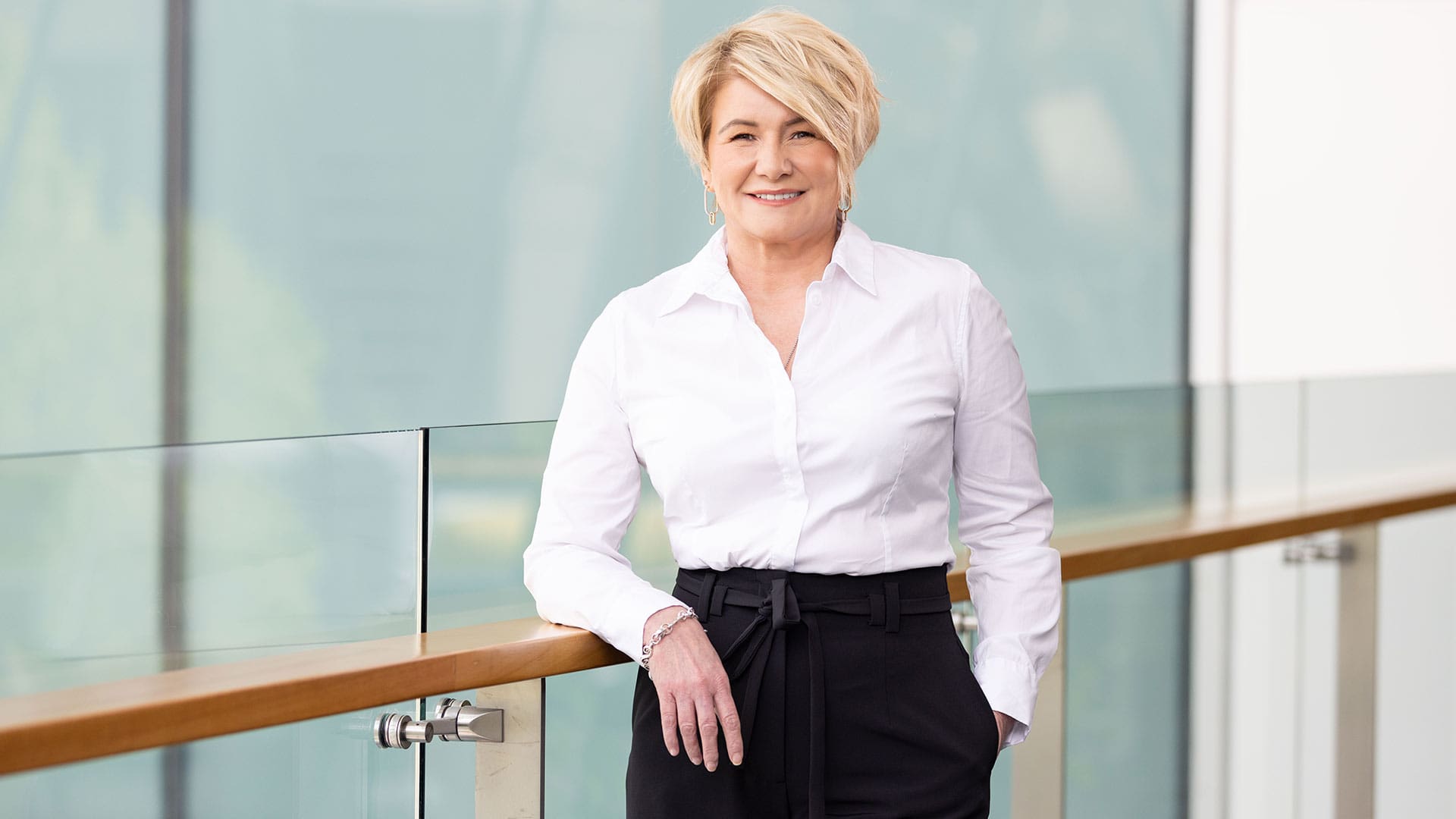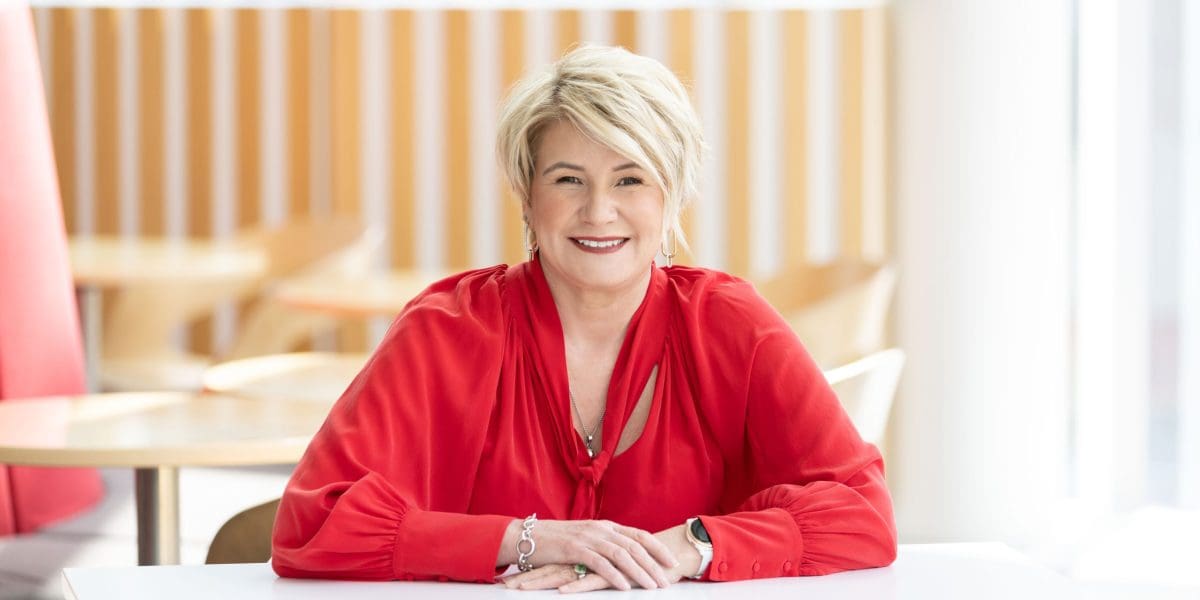Amanda Whiting, CEO at IAG NZ
How do you define effective leadership, and how has your definition evolved?
Twenty years ago, I would have said that effective leadership is about setting a vision and inspiring others to follow you. Over time that has shifted to investing more time in aligning leaders to a vision, creating space for debate and challenge and, rather than providing answers, asking questions to spur more art of the possible thinking.
What strategies do you use to build and inspire a high-performing team?
The most important thing for me is to ensure that we spend time on “how” we work together. In moments of crisis or challenge, the whole team need to know each other’s strengths, understand default behaviours and be able to call each other out on them. The highest performing teams definitely spend time on the “what”, however how they work together is far more important in my view.
Can you share an example of a leadership challenge you faced and how you overcame it? I think the biggest leadership challenge I have had is where my values didn’t align with the organisation – I have been in this position a couple of times, and my biggest learning is to call it early, and if you can’t get traction, don’t hope for it to get better – move on. Values alignment is critical to leading authentically and that’s most important to me.
What roles do mentorship and networking play in your approach to leadership?
I strive to have at least one mentor at all times. In reality, I probably have 2 or 3 formal and informal mentors. I also mentor others – it’s a two-way street, and I learn just as much from the people I mentor as I do from being mentored. As for networking, I learnt this from one of my mentors, and I think it’s really powerful; attending a networking event is not all that valuable unless there is a shared purpose. I don’t see increasing my network as a key priority, rather focusing on strengthening the relationships I already have. Quality vs quantity!
How do you balance maintaining authority while fostering collaboration and inclusivity?
That comes through gaining respect. My approach is to help others come to a shared conclusion or solution by asking questions rather than giving my solution.
What is the most challenging obstacle you’ve faced in your career, and how did you navigate it?
Like many leaders, imposter syndrome certainly held me back at times, particularly early in my career. I have navigated that by sharing with trusted colleagues – you need to identify the people who you can trust to support you through times of uncertainty.

How do you maintain resilience and focus during periods of uncertainty or failure?
I always go back to purpose: if I’m struggling, it really helps to check in on my personal purpose and see if I’m delivering on it. It also helps with making difficult decisions.
What are your go-to strategies for managing stress and avoiding burnout?
Compartmentalising decisions and tasks reduces the feeling of being overwhelmed – I focus on the next thing I need to do, breaking things down into small steps. I find that helps across both work and home. Also making sure that I know when I need a break and prioritising it.
Can you share a time when you turned a significant setback into an opportunity for growth?
I think knowing when to pivot is key. We have all had those times when something isn’t working, and we keep giving it more time. Setting clear time frames and committing to stopping or pivoting is key. In the example I’m thinking of, the setback helped me redefine the problem I was trying to solve and actually led to a better outcome than initially anticipated.
How has your perspective on resilience changed as your career has progressed?
Personally, I have built trust in myself to bounce back from whatever situation. From a broader team perspective, building resilience is a much higher priority than it used to be. We regularly discuss the impact of being in a high-change environment and how we best support our team.
What habits or routines have been instrumental in your personal and professional growth?
Checking in on my personal purpose every few months to ensure I’m showing up the way I want to and taking every opportunity that is offered has really supported me to learn and grow. Always ask myself, “How could I have done that better?” and make it safe for others to give me feedback.
How do you stay motivated and continually strive for improvement in your career?
I love learning, and I love watching others achieve – that really motivates me and I can’t see that ever changing.
What advice would you give your younger self when you were just starting out?
I would have started focusing on my leadership legacy and personal purpose earlier. It has really helped me make decisions with confidence.
What role does feedback play in your journey of self-improvement, and how do you approach it?
Feedback is vital. We all have things that hold us back from being more effective. My approach around feedback is to ensure my intent is clear e.g. is it helpful? And to deliver and seek feedback with sincerity and kindness.
